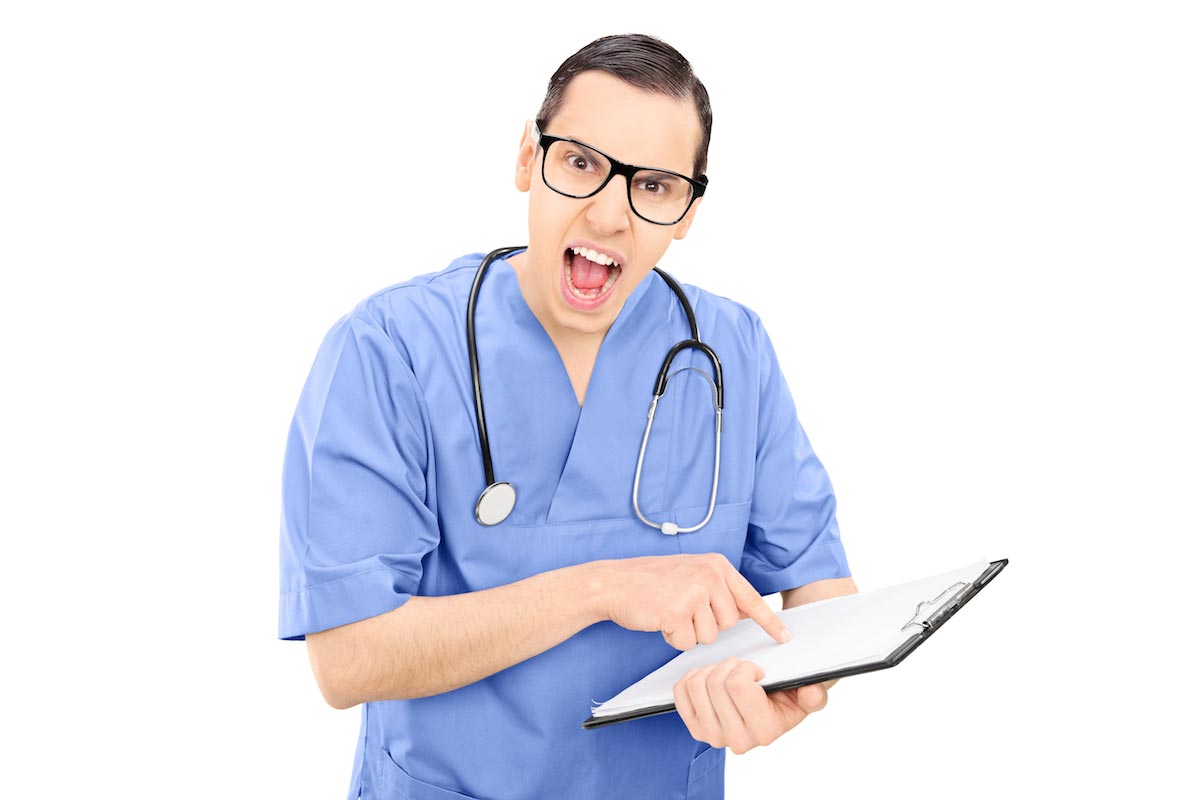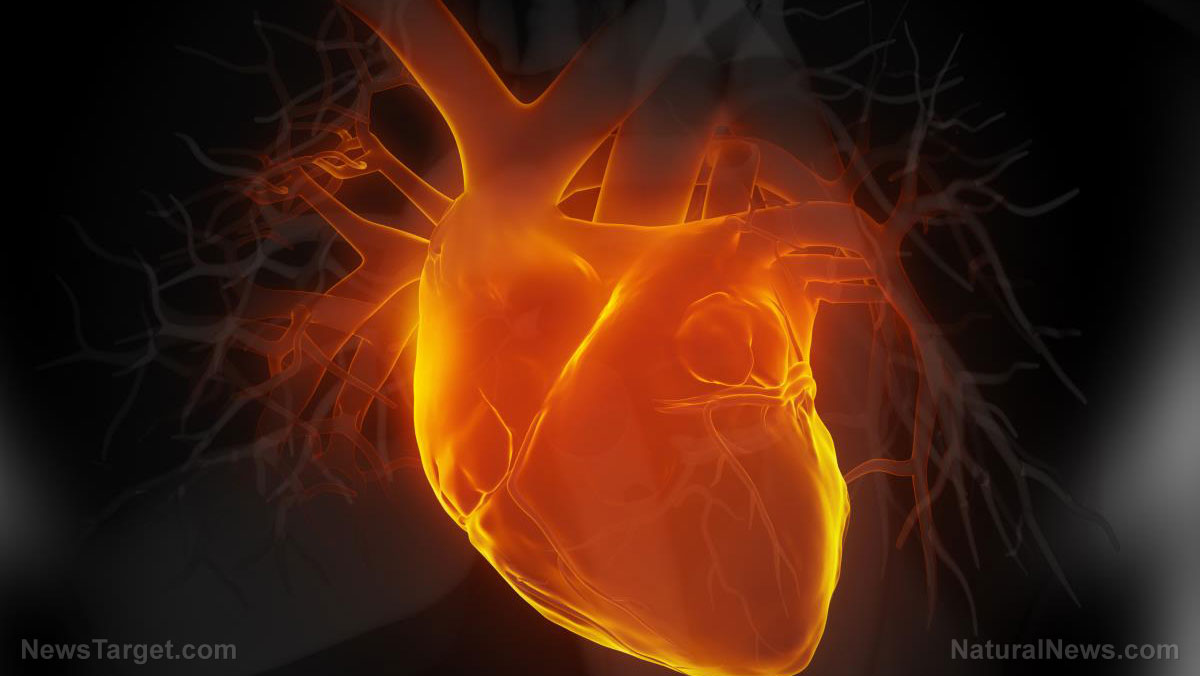Regular electroacupuncture treatments can lower hypertension
01/02/2019 / By Edsel Cook

California-based researchers found that electroacupuncture stimulates the release of encephalin, a brain chemical that helps control blood pressure. A UCI Health news article reported that this is the anti-hypertension mechanism of this modern form of traditional Chinese therapy.
Encephalin is an opioid, but one that is naturally produced by the body. Increased levels of this chemical prompts the brain to take measures that slow down the flow of blood. This in turn reduces the pressure exerted on the walls of the blood vessels.
The discovery led the University of California Irvine (UCI) researchers to propose that regular sessions of electroacupuncture should be considered for patients suffering from hypertension. They believed electroacupuncture was safe and effective for patients.
Their study was supported by grants from the National Institutes of Health. They published their findings in the Nature-overseen journal Scientific Reports. (Related: Electroacupuncture found to ease nausea and vomiting in ICU patients recovering from chemotherapy.)
New study reveals the molecular activity of electroacupuncture
The UCI researchers conducted their experiment on hypertensive rats that simulation the symptoms of high blood pressure in humans. They applied electroacupuncture therapy and observed the results of the treatment over the next few days.
Researcher Zhi-Ling Guo reported that a single session of electroacupuncture reduced the blood pressure of the animals. Furthermore, the rats enjoyed the normalized blood pressure levels for at least three days after undergoing treatment.
Guo further noted that analysis of the animals’ brains showed higher gene expression of encephalin. Also known as “enkephalin,” it is an important opioid peptide that helps regulate the response of the sensory nervous system to stimuli that can potentially harm the body.
For example, the body releases the hormone norepinephrine when it experiences stressful or painful stimuli. Norepinephrine trigger the fight-or-flight mode of the body; during this time, the blood pumps much faster, which increases its pressure.
To reverse this potentially dangerous condition, the body produces more encephalin. The opioid is naturally synthesized by the body. However, the UCI researchers found that repeated treatments of electroacupuncture would also spur the genes that produce encephalin.
The findings are considered to be the very first glimpse at the molecular activity of electroacupuncture when applied to hypertension patients.
Treating hypertension with regular electroacupuncture sessions
In 2015, a research team from the UCI’s Susan Samueli Center for Integrative Medicine conducted a study on the effects of traditional acupuncture on human patients. They stimulated certain spots on the wrist that were prescribed by traditional Chinese medicine for hypertension.
The earlier study reported that acupuncture reduced the blood pressure of those patients for short periods of time. Drawing from that preceding research, Guo and her teammates established that repeated electroacupuncture therapy achieved a similar effect that lasted for much longer.
Guo believed that regular sessions of electroacupuncture could offer an effective treatment modality for clinical hypertension. In addition, it could also alleviate a host of other health problems that may or may not be related to hypertension.
Hypertension is one of the most common health conditions around the world. One out of every three humans suffer from high blood pressure. Many of these patients remain unaware because of how hard it is to detect hypertension.
Heart attacks and strokes are just two of the most common and deadly complications that can develop from hypertension. These closely-interlinked diseases are major reasons for concern.
Many of the pharmaceutical drugs prescribed for the management of hypertension have negative side effects. Electroacupuncture is not saddled with these chemical problems.
If you want to know more about the ways electroacupuncture can relieve your symptoms, check out ChineseMedicine.news.
Sources include:
Tagged Under: acupuncture, electroacupuncture, high blood pressure, hypertension, hypertension treatment, integrative medicine, Opioid, traditional Chinese medicine



















